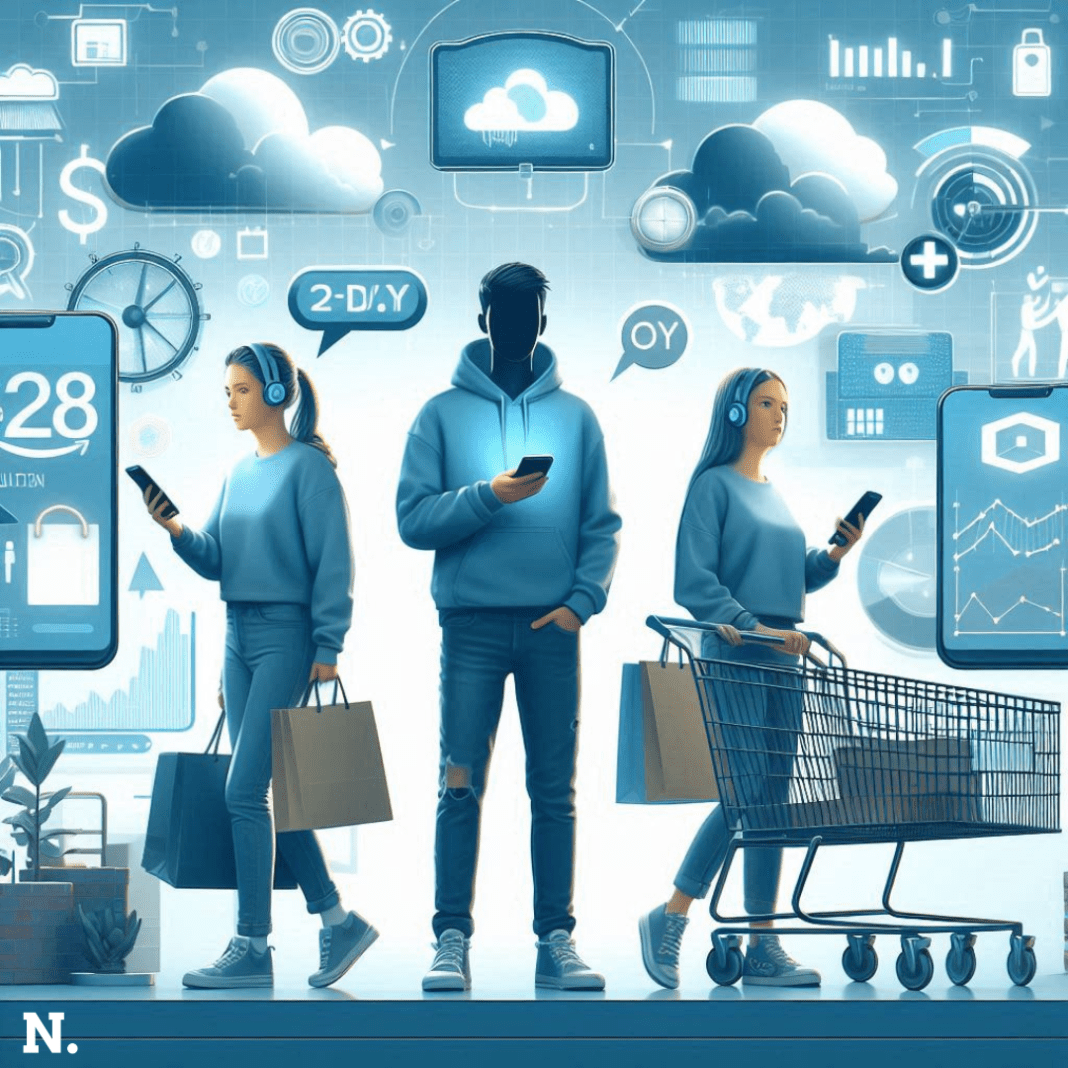In the fast-evolving market of today, it is Gen Z – those born between 1996 and 2014 – who are serving as a game-changer. This generation is also referred to as the mobile-first or swipe-up generation and is attracting substantial attention from retailers and investors alike. With their considerable presence – an astonishing 20% of the world’s population and an astonishing 27% of India’s – the need for businesses to understand their pattern of consumption becomes imperative.
The Generational Gap in Consumption
Generation-wise, consumption patterns differ dramatically. Generation X, born between 1965 and 1980, favors physical retail stores, traditional media, and long-term investments such as the buying of homes. Millennials, born between 1981 and 1996, have moved toward e-commerce, OTT platforms, and casual wear. They also favor renting over ownership.
At the same time, Gen Z shows some different desires: fast commerce, D2C brands, and short-form video format are part of the set of elements that make up the upcoming Generation. It means loving athleisure rather than formal wear and co-living spaces rather than apartments. These preferences constitute a cultural rupture compared to the previous generations.
Impulse Buying: A Deep Dive into Why Gen Z and Millennials are extravagant
Gen Z and the Retailing Landscape
Gen Z has a deeper impact on retail. An average spend of 1.6 hours a week can be considered very much higher in comparison with other generations for online shopping. The trend has also helped the D2C brands. Companies such as Sugar Cosmetics, MamaEarth, and Myglamm achieved revenues of ₹100 crore in approximately three years, while traditional brands such as FabIndia took around ten years to touch the same revenue.
Gen Z is on the rise, and it’s reimagining retail. Online shopping and fast service for the demographic have just increased the rise in the growth of D2C companies that do business through effective digital channels.
Brands are fast riding on this wave in line with the unique preferences of Generation Z. This generation wants everything fast and quick. Quick-commerce apps like Blinkit and Zepto will satiate this craving for instant delivery of groceries, makeup, and even essentials. At Zepto, it also starts delivering breakfast and cold coffee through its local dark stores named Zepto Café.
At the same time, experiential and niche products are gaining momentum. Moxie Beauty does haircare specifically for Indian hair type and weather. This is where personalization and innovation match exactly what a Gen Z consumer appeals to.
Digital and Social Media Engagement
Social media is one of the most effective ways to reach Gen Z. A segment of these consumers is very active on short-form video platforms, and influencer marketing works very positively on them. Brands use these platforms to speak with Gen Z through innovative content and personalized interactions. Influencer social media campaigns that really resonate with the values and preferences of Gen Z tend to be highly engaging.
For instance, the list of brands that have done pretty well by capitalizing on the online behavior of Gen Z includes boAt, Mokobara, and Snitch. These companies recorded phenomenal growth by using social media and influencer collaborations to raise brand awareness.
Supreme Court Upholds White House’s Social Media Interactions: What You Need to Know
A few have done exceptionally well by targeting this generation. boAT, an electronic brand in demand, has been seeing very good growth while catering to this demographic. Mokobara, a luggage company, and Snitch-a men’s apparel brand-are a few of those fast risers. And for reasons best known to them, such focused brands make sure they win over the mass market: innovative products backed by impeccable marketing strategies.
Marketplaces, too, are changing. Nykaa has Sugars Cosmetics of Estee Lauder Companies and Dot & Key among the favourite brands of Gen Z in its list of beauty products. Myntra launched “Myntra Fwd” for fashion wear targeted specifically at Gen Z. These changes are indicative of the impact of Gen Z on traditional retail platforms.
Investment Avenues and Future Ahead
Their rise has attracted considerable venture capital interest in the space. Market research estimates that D2C brands aimed at the Generation Z consumer have raised more than $5 billion since 2014. This year alone, new-age brands like Mokobara, Sid’s Farm, and Foxtale together raised $400 million.
Investors feel that this trend of growing will keep on going. Demand for specialized and premium products will increase. The generation will fall in the economic mainstream, which means those brands adjusting to their trends will see huge success.





